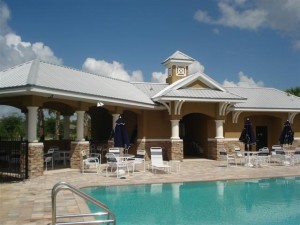With budget season approaching, here is a quick list of reserve budgeting dos and don’ts.
Dos:
- Look at your reserves yearly. Some associations just reuse old numbers that are not realistic and are not based on proper data.
- Try to get the proper reserve items on the reserve schedule. One of the most common mistakes associations make when budgeting for reserves is that they unknowingly omit some items that should be on the schedule.
- If you already have a reserve study, get it updated periodically. Construction costs, interest rates, and the condition of your property are constantly changing. Using a reserve study from 10 years ago is probably not a good idea. It is good practice to update your reserve study every 3 years and certainly not any longer than 5 years.
- For new associations, setting up reserves as close to the beginning is beneficial. There is a tendency in new construction to ignore long-lasting reserve items and to delay funding accounts because items are new. This creates a deficit.
- Keep a good record of factual data. This can be building plans or construction project bids. Setting up and maintaining reserves with good data is much easier than with limited or no records.
- Keep good records of capital expenses. This is so beneficial to have real data on reserve items the last time they were replaced and how much they cost. This helps future boards or a reserve analyst accurately project funding.
- When things in the community change, update them in the reserve schedule. This could be acquiring new property, building a new recreation facility, or adjusting a cost projection in the reserve schedule because you received better recent data.
- Try to keep reserves well-funded. Well-funded reserves keep property values up. Trying to sell a property with underfunded reserves, a looming special assessment, or unsightly deferred maintenance can be very difficult.
Don’ts:
- Just assume that old numbers in prior budgets are sufficient. Construction costs change over time.
- Underfund reserves to keep assessments down. Some associations knowingly use unrealistic numbers just to keep the funding levels lower. When this happens, it is usually because someone has an agenda.
- Guess. Not every association needs a reserve study, but costs or life expectancies for reserve items should be based off of recent construction project bids or current cost data. If you are not sure where to begin when budgeting for reserves, it may be appropriate to get a reserve study.
- Look short term. Reserve fund planning requires a long-term approach so that all members contribute equitably over time.
- Double-fund reserve items. Reserve items such as landscaping or maintenance are handled exclusively in the operating budget in some associations. If this is the case, there is no need to put them in the reserve schedule.
